Health Infographic
COVID-19 Personal Preparedness: Infographic
Reviewed By:
COVID-19 Personal Preparedness
Health Infographic
Reviewed By:

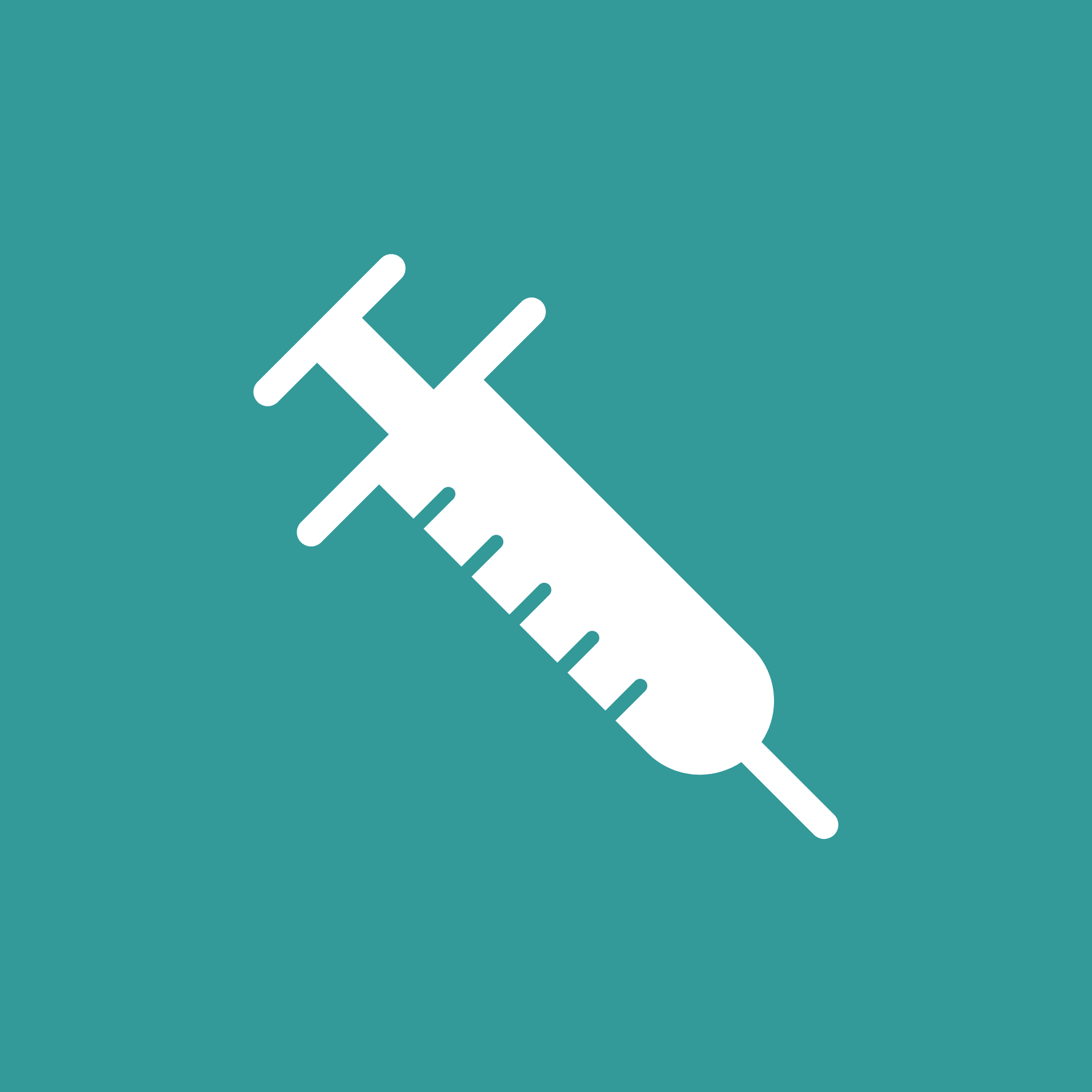
Vaccines
Get vaccinated when you are eligible. Several COVID-19 vaccines have been authorized for emergency use among specific age groups by the U.S. Food and Drug Administration (FDA).
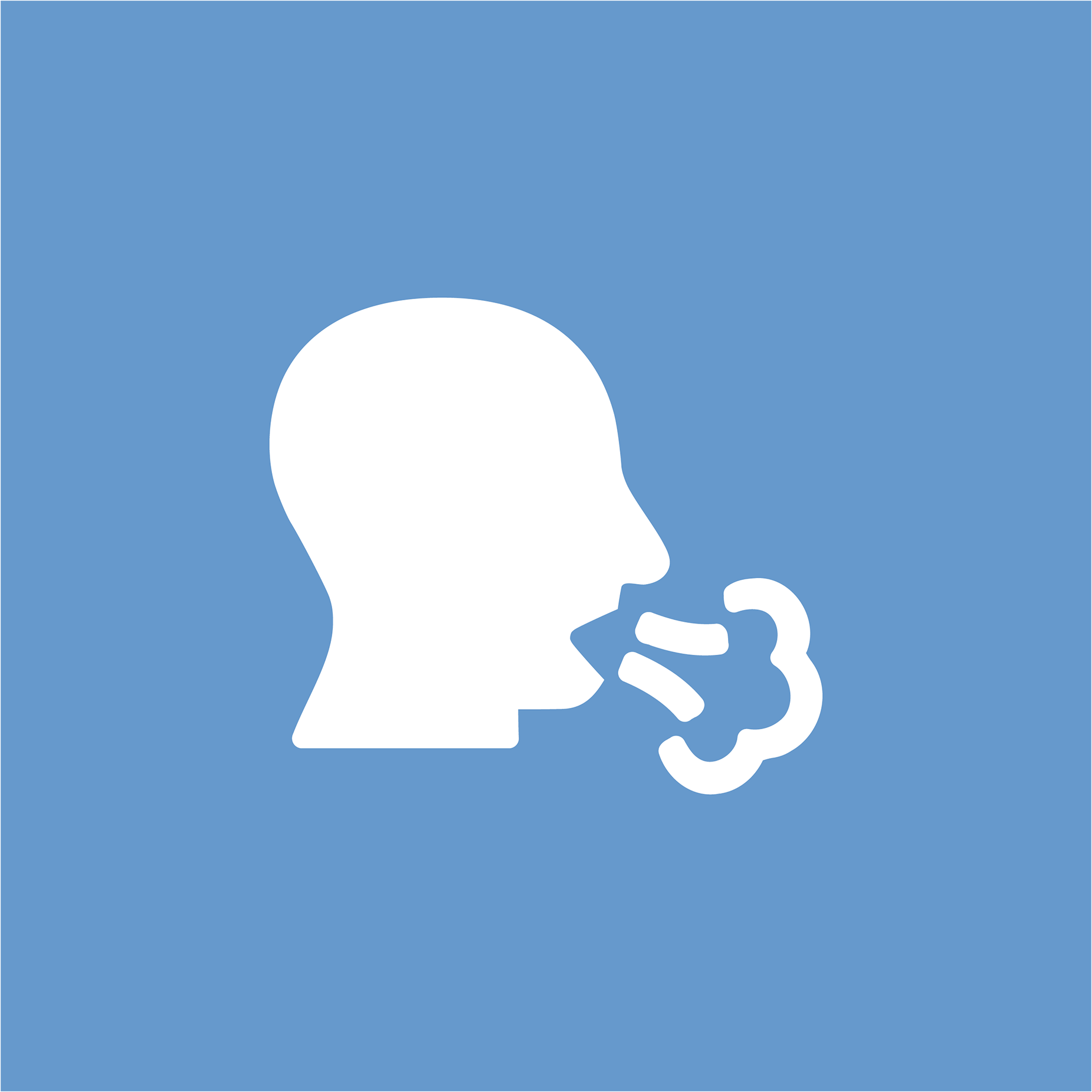
Respiratory Etiquette
Cough or sneeze into your elbow or a tissue.
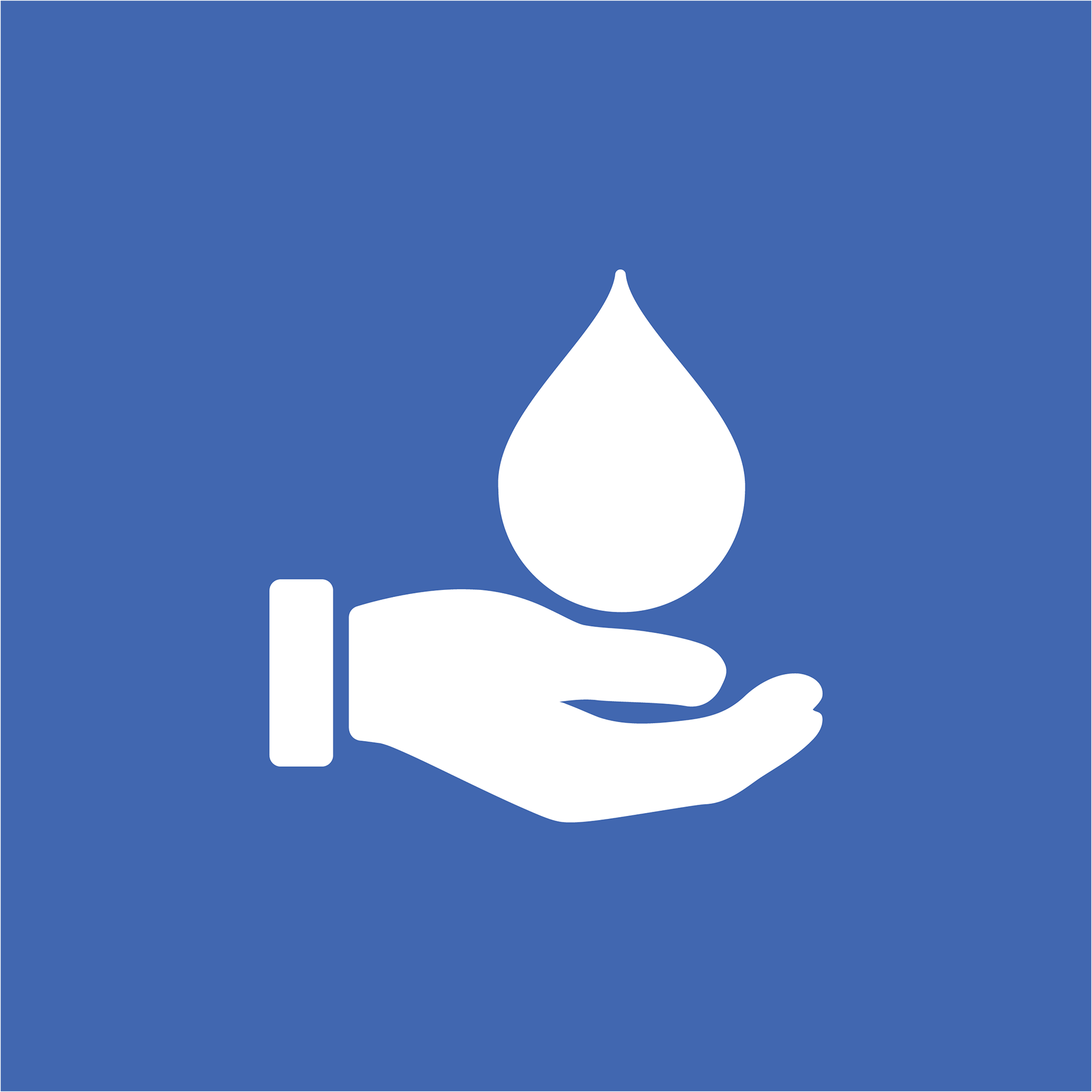
Hand Hygiene
Wash your hands before eating, after using the restroom, and after sneezing, coughing or blowing your nose. Wash your hands often (for 20 seconds) with soap and water, or use alcohol-based hand sanitizer containing at least 60% alcohol.

Family & Community
Talk with your family about how to support one another in the event of local outbreaks. Check in with elderly family members to make sure they are prepared. Offer to go grocery shopping, or bring over meals. Social support is important in times of stress — reach out to neighbors and members of your community.
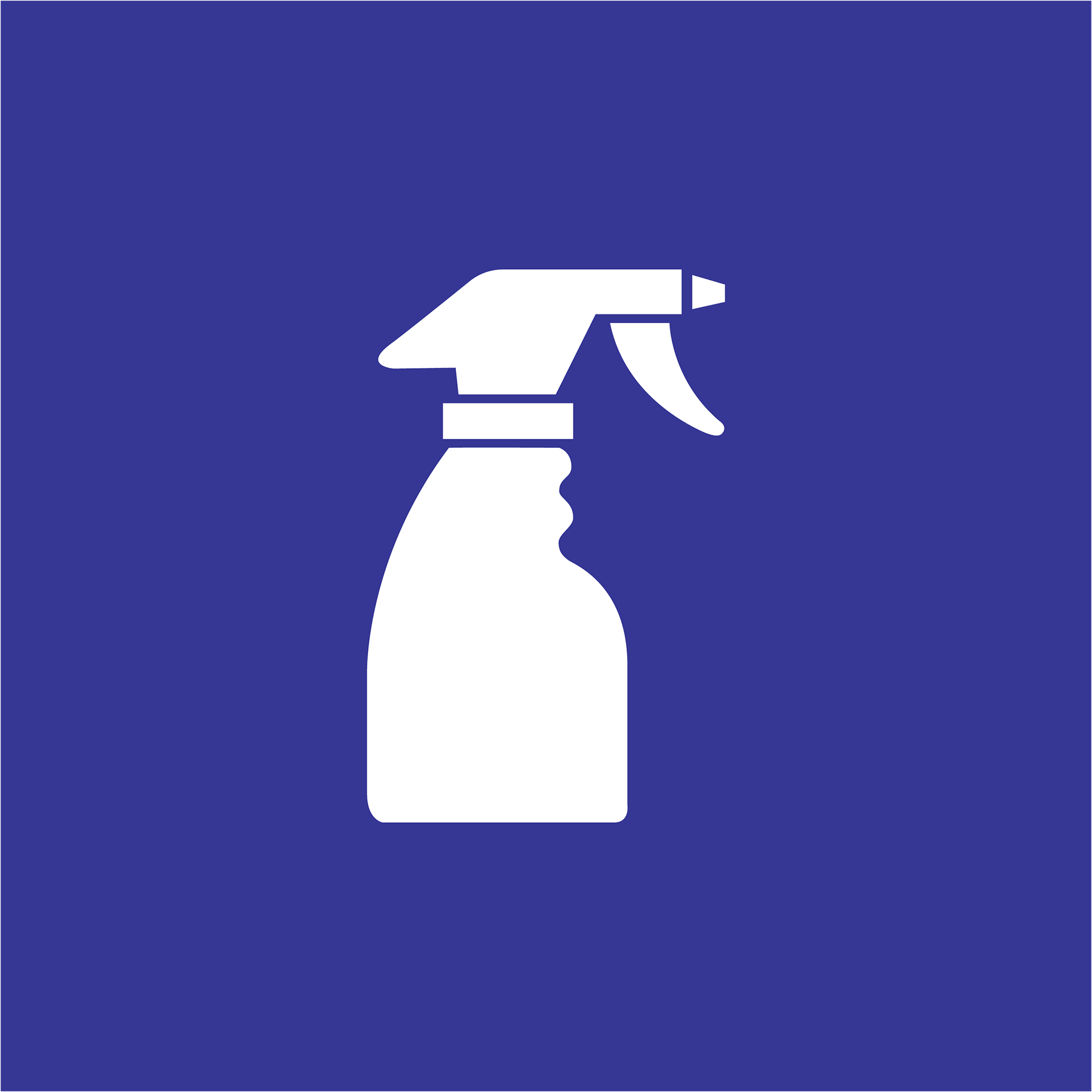
Cleaning
Clean and disinfect commonly used surfaces and items like cellphones, door knobs and faucets with common household cleaners.
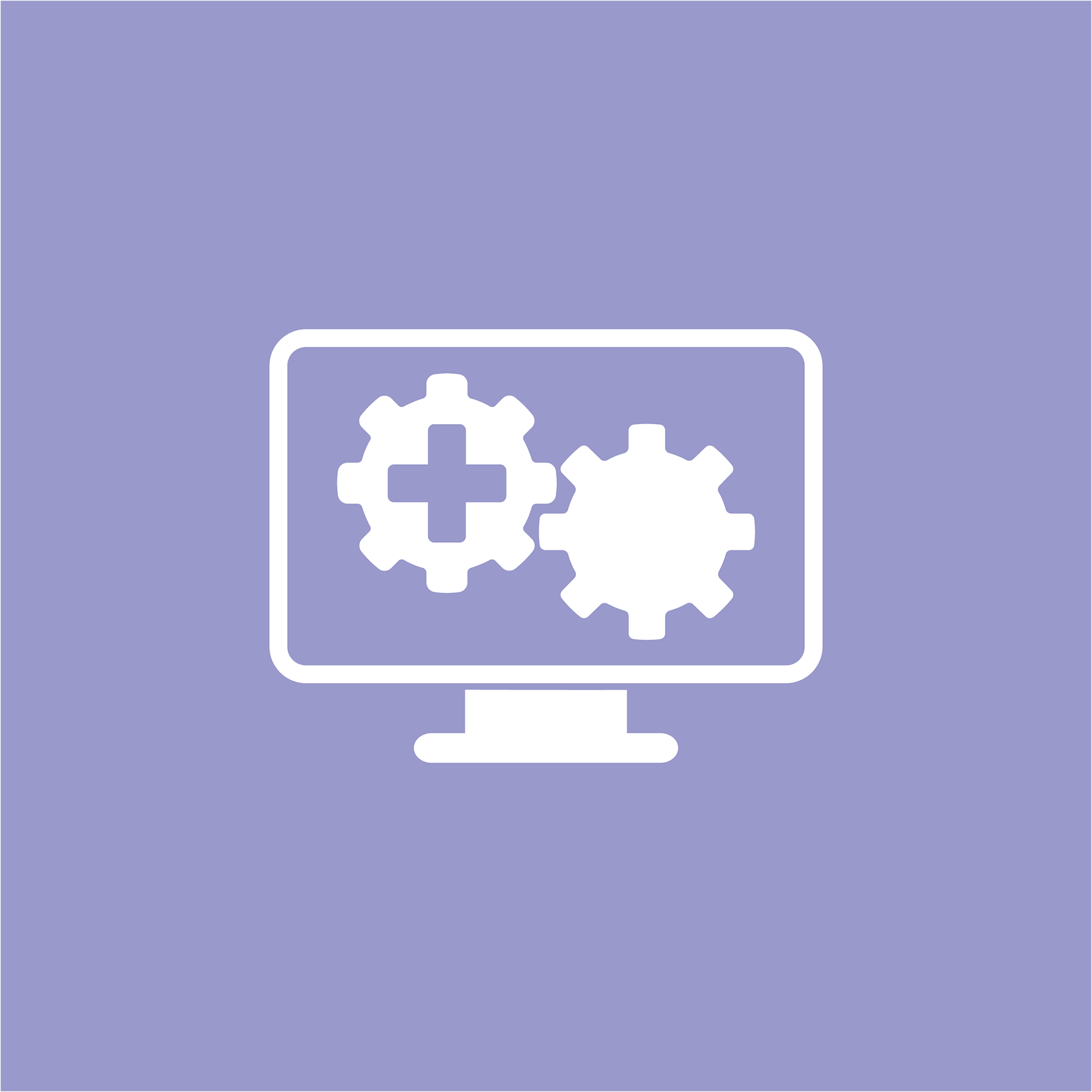
Work
Talk to your employer about the possibility of telework and what to do if you or a family member becomes sick.
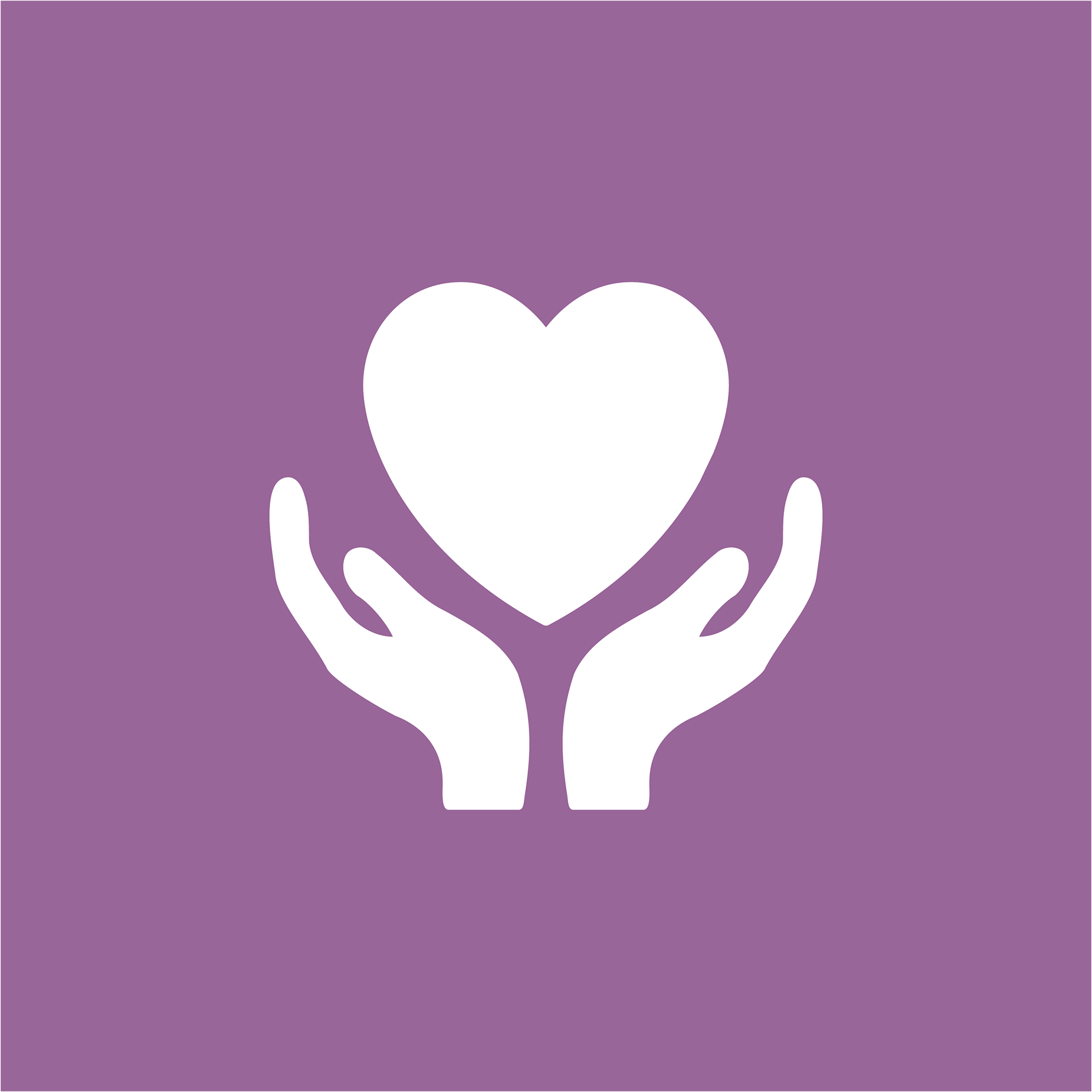
Contingency Planning
Talk with your family about what you plan to do in the event of closures of schools, workplaces or transportation systems. Develop care plans in case someone in your family becomes sick, including plans regarding child care, household disinfection and isolation.
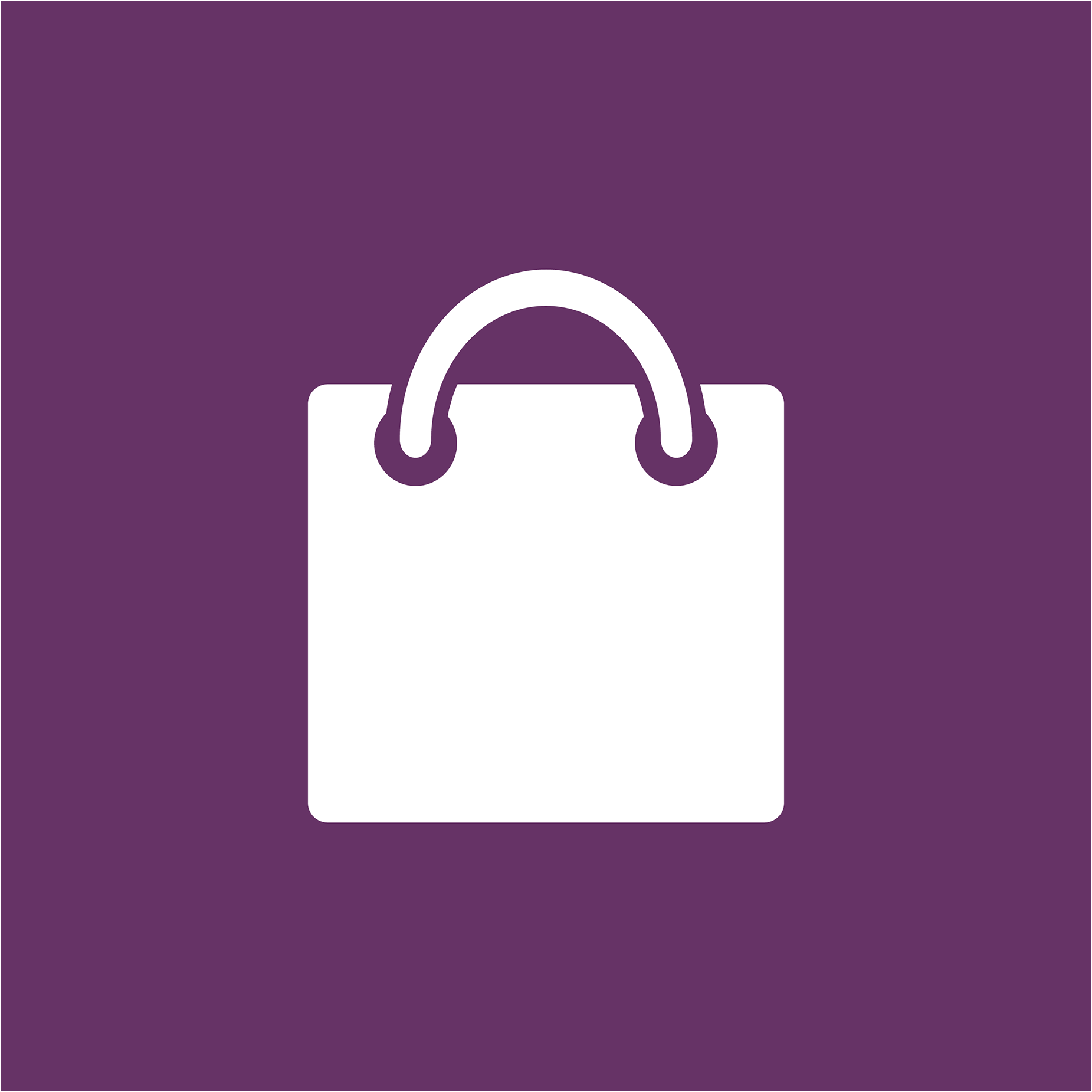
Groceries & Supplies
Make several small purchases over the next few weeks of important supplies like nonperishable foods, water, baby formula, pet food, feminine hygiene products and soap.
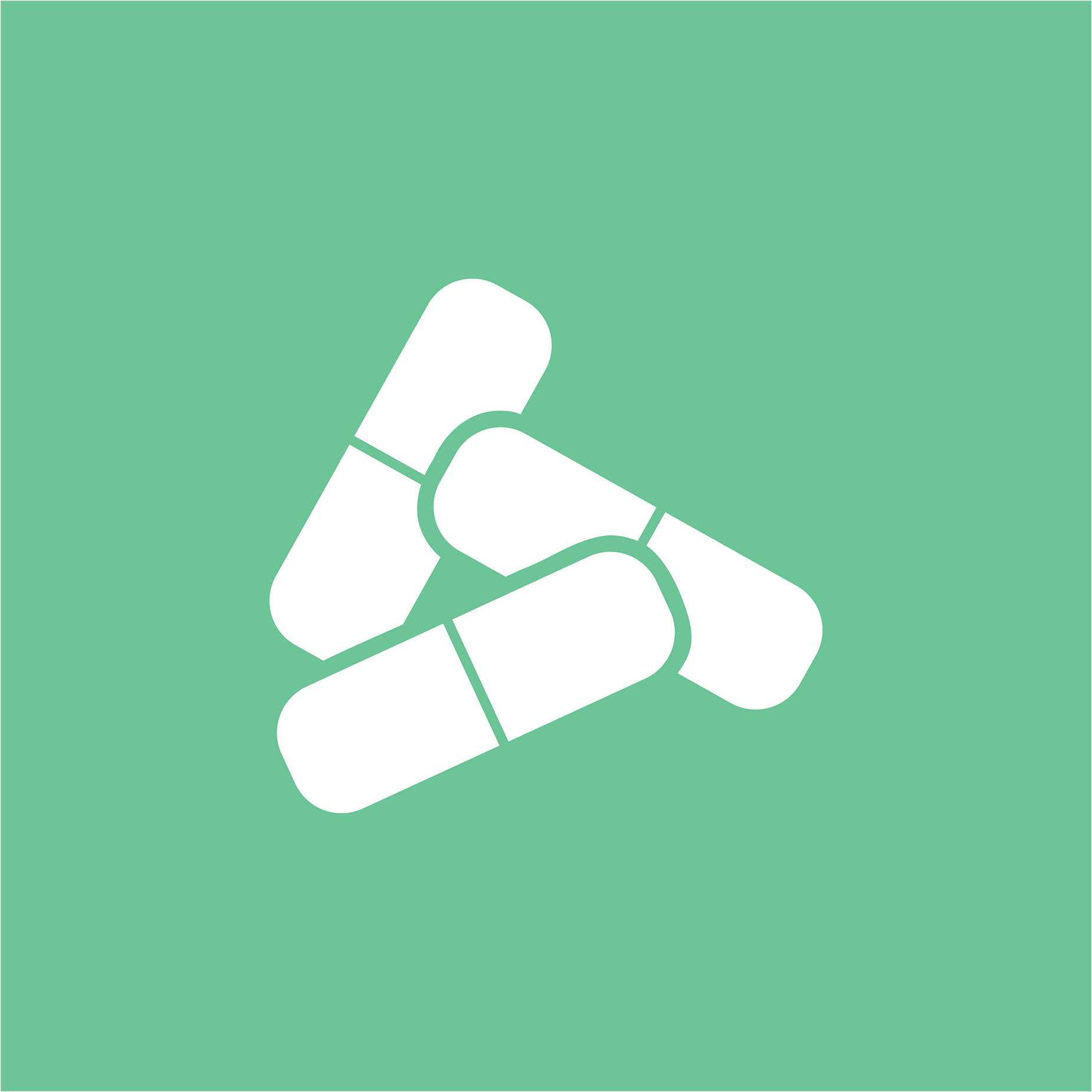
Medicine & Prescriptions
If you take prescription medication, talk to your doctor about ensuring you have enough medicine to last at least 30 days. Check your supply of medications like fever reducers (ibuprofen or acetaminophen).
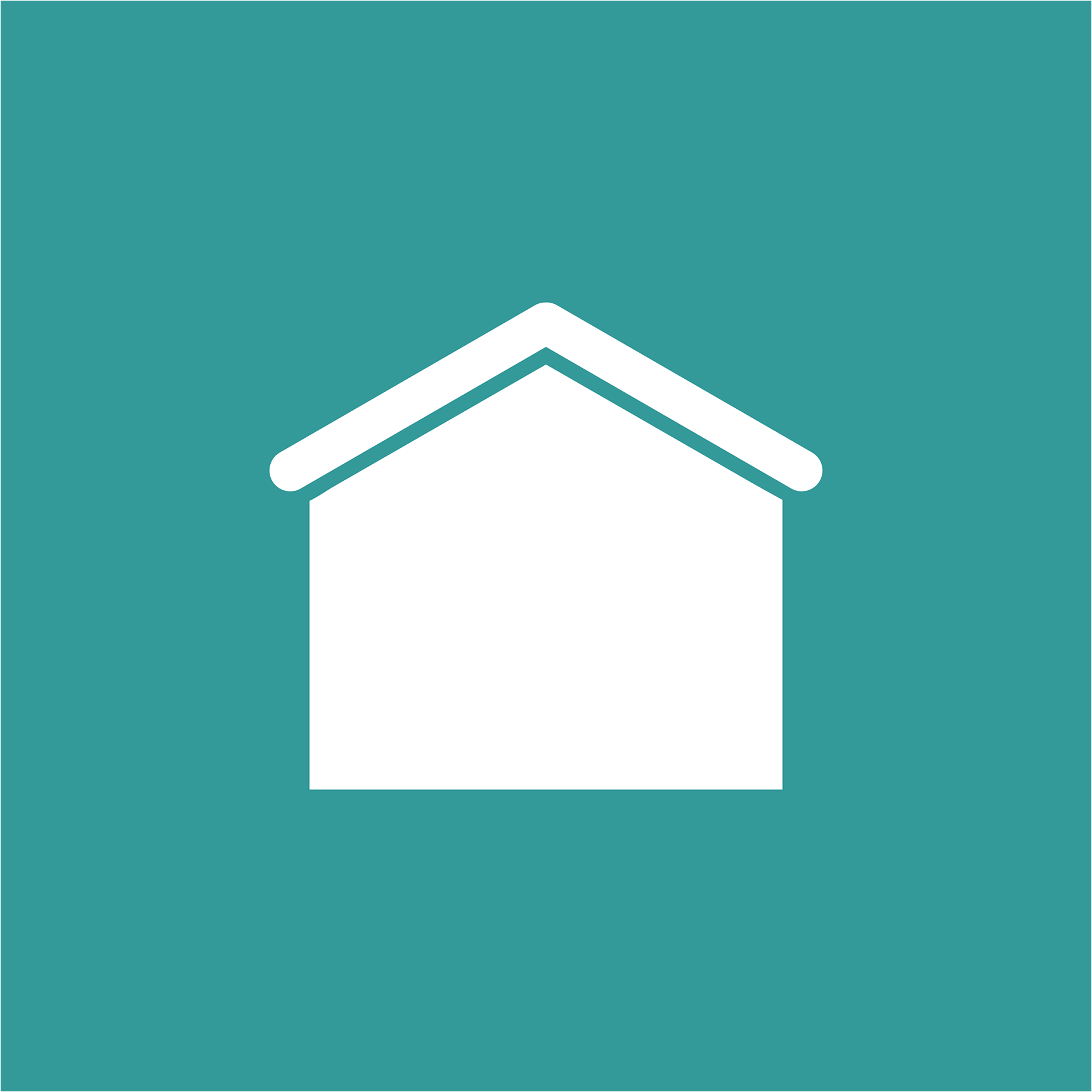
Home
Stay home if you become sick. If you need medical care, call to notify the doctor’s office or hospital before arriving.
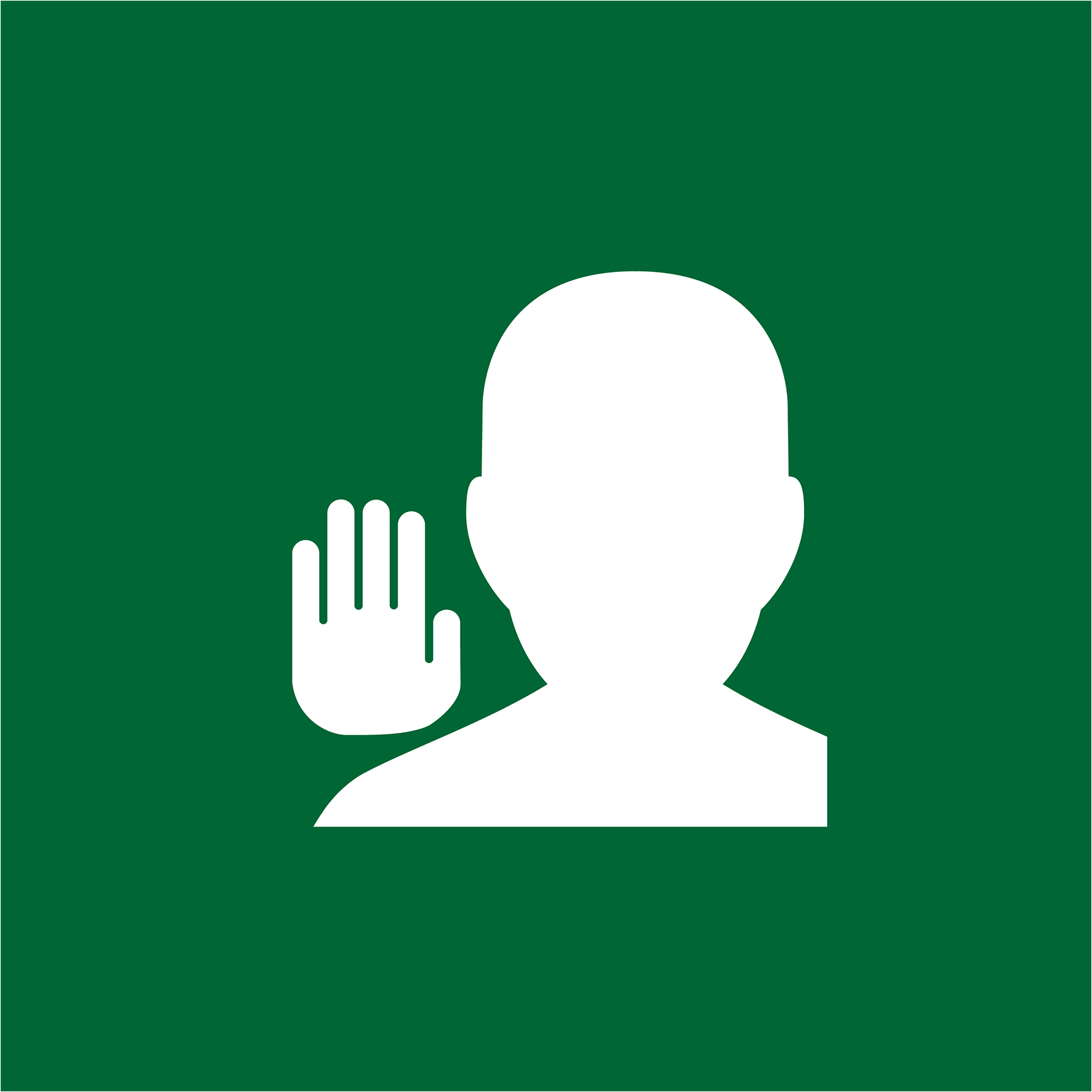
Face
Do not touch your face, especially your eyes, nose and mouth.